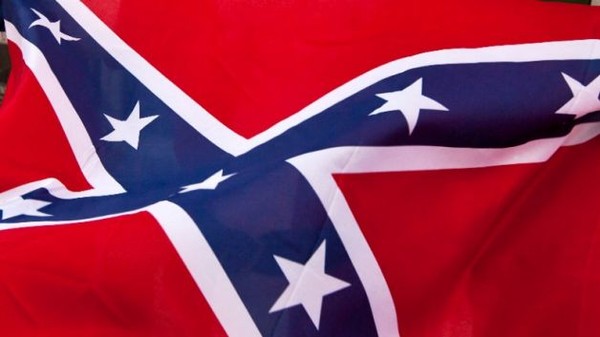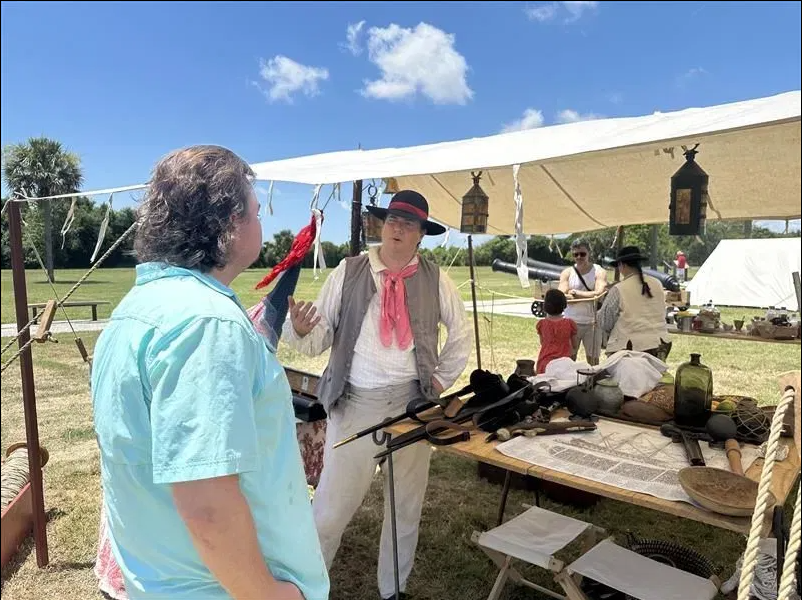The horrific shooting of nine churchgoers in Charleston, South Carolina back in June did not spark this public debate about the place of Confederate iconography in public places. Rather, it intensified it to a degree that few could have anticipated. Over the past ten years the Confederate flag has quietly (and on occasion not so quietly) been lowered from public places and removed from other institutions throughout the South and beyond. Southerners from all ethnic and racial backgrounds have had to wrestle with the question of whether the flag’s public display reflects their community’s collective values and view of the past.
For anyone who has followed this trend and the events of this summer, it is clear that Confederate flag advocates have been thoroughly defeated.
Sure, organizations like the Virginia Flaggers have raised a number of Confederate flags on private property, but they have done so in communities where flags have been removed from public property. The Flaggers and others had just as much right to raise these flags on private property before these decisions were as they do today. In fact, Americans still have every right to parade down their main streets with flags flying from the back of their pickup trucks, rally for the flag in the name of freedom or gather for a prayer service and share their message of love.
They are free to explain their close identification with the flag in any way they choose while others are free to nod in agreement or look away suspiciously. Nothing has changed on this end and as long as we continue to embrace the First Amendment nothing will for the foreseeable future.
But regardless of the number of flag raisings on private property or how many rallies take place, what cannot be changed is the fact that the Confederate flag no longer comes with the explicit or tacit approval of local and state government. There is a significant difference between driving into a community and having to look at a Confederate flag on private property as opposed to seeing it in front of a courthouse or other public building. The latter is the only contest that has ever mattered.
It’s disappearance from public places throughout the South must be understood as nothing less than a clear statement that the history of the Confederate flag does not reflect the current values of the community. You can surround public buildings with Confederate flags held by an imaginary army of black Confederate reenactors all you want and it changes absolutely nothing.
-Kevin Levin, Civil War Memory



